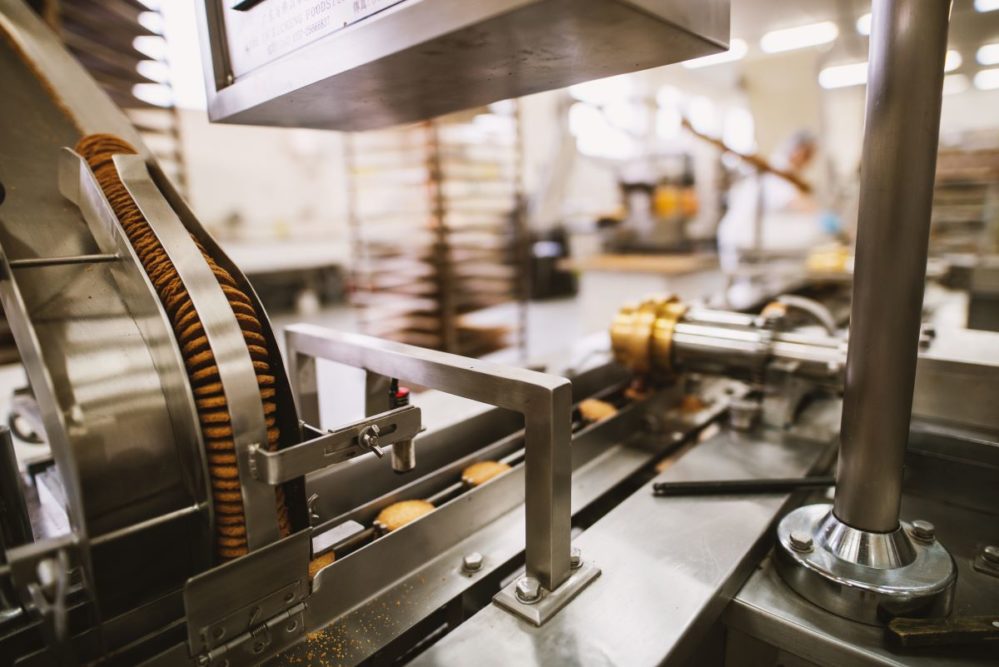KANSAS CITY — Technology moves quickly, but what’s changing is the rate at which bakeries are adapting to it to keep their operations running at the highest capacity possible. While labor challenges continue, the baking industry is developing more autonomous systems and machines to better deliver product quality and consistency with reduced risk and less room for error.
Smart devices now employ machine learning and artificial intelligence to continuously improve the process. In the November issue of Baking & Snack, finishing and topping equipment experts pointed out that often it takes just one or two systems to replicate decorating a cake with an exquisite swirl of icing on a high-volume production line. Other times, bakeries employ automation to slash unnecessary waste of expensive toppings. That’s because integrated vision tracking with servo controls and improved processor speeds can apply everything from pizza sauce to icing with greater accuracy than in the past.
PLC controls, smart software and industrial-grade sensors are combined to precisely add toppings or finish baked foods on high-speed or rapid changeover lines. For control and efficiency, several companies have turned to phones and touchpads, while simplified or standardized software allows finishing systems to be more easily added to existing lines. However, most new systems require training, especially in bakeries that are in the beginning or middle of their automation processes.
This is why the need for education is greater than ever. For bakers, it comes down to their willingness to adapt to new technology to determine how well they’ll compete in the marketplace.





